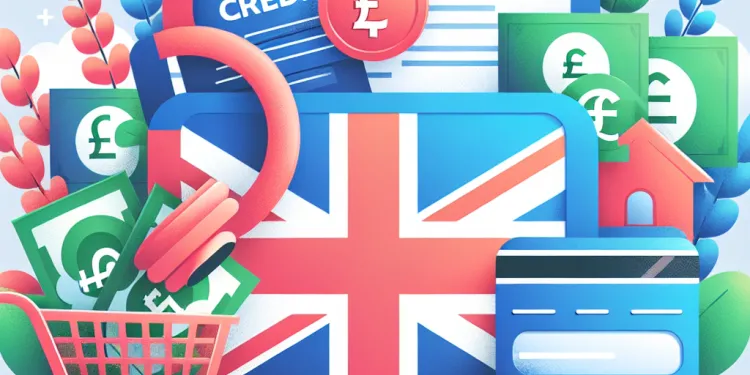
Find Help
More Items From Ergsy search
-

Applying For Universal Credit
Relevance: 100%
-
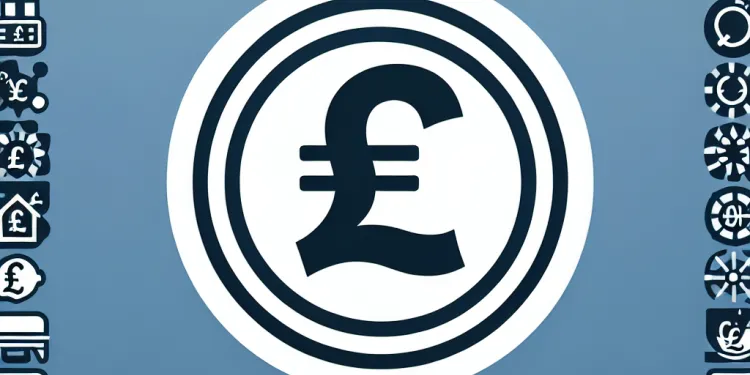
What is Universal Credit in the UK?
Relevance: 100%
-
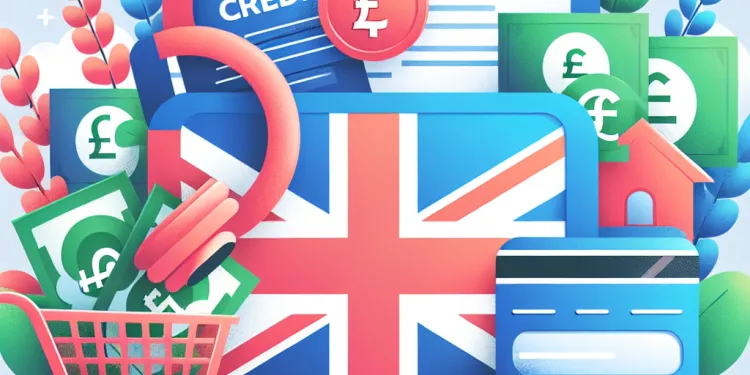
How is Universal Credit paid?
Relevance: 97%
-

Government Announces Increase in Universal Credit Payments Ahead of Winter
Relevance: 97%
-

How long does it take to receive the first Universal Credit payment?
Relevance: 96%
-
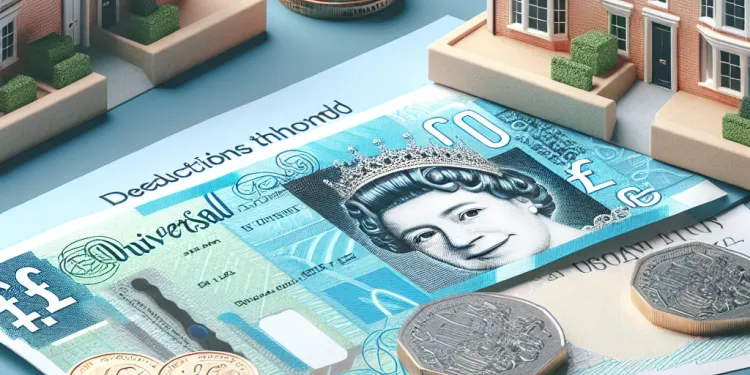
Are there any deductions from Universal Credit?
Relevance: 91%
-

Can Universal Credit be stopped or sanctioned?
Relevance: 90%
-
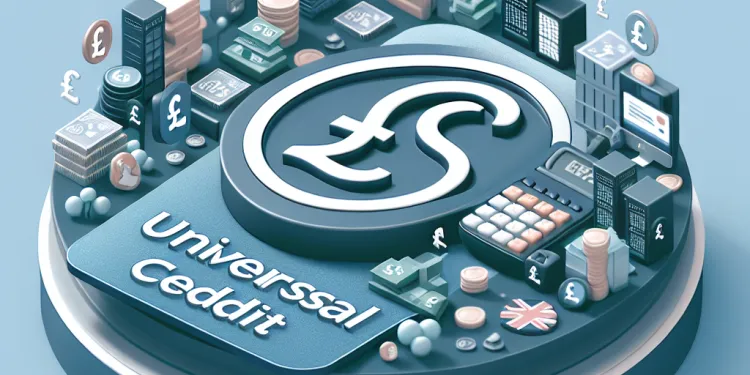
How can I apply for Universal Credit?
Relevance: 90%
-
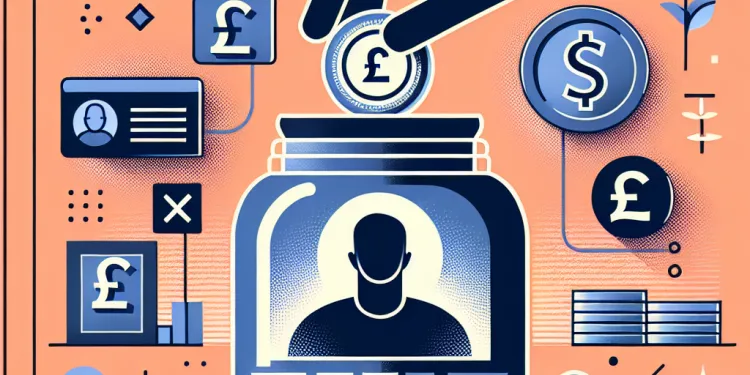
Can I apply for Universal Credit if I am self-employed?
Relevance: 89%
-
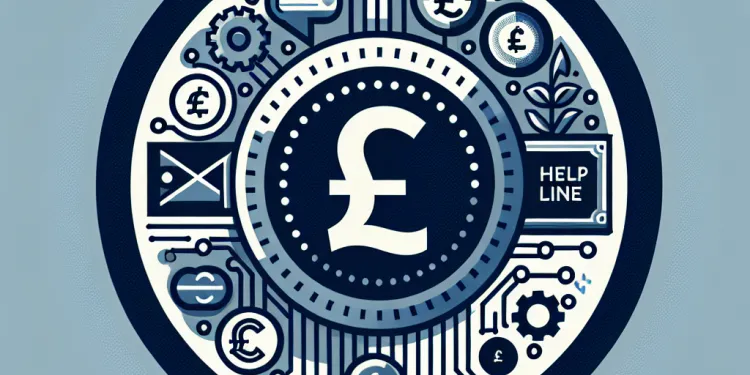
What is the Universal Credit helpline number?
Relevance: 88%
-

How is the Universal Credit amount calculated?
Relevance: 87%
-
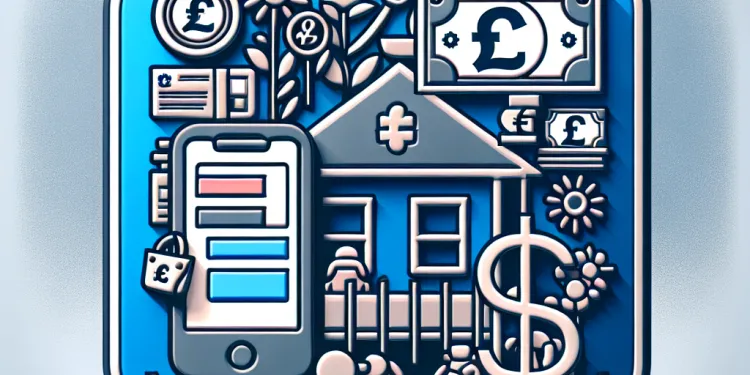
Does Universal Credit cover childcare costs?
Relevance: 85%
-

What is an advance payment of Universal Credit?
Relevance: 84%
-
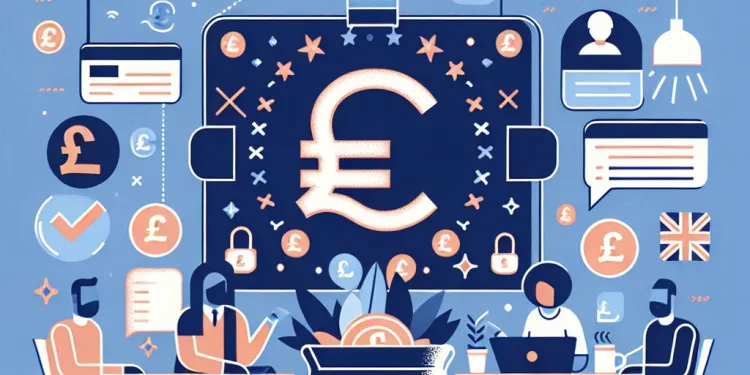
Who can apply for Universal Credit?
Relevance: 81%
-

Universal Credit Adjustments: What Recent Changes Mean for Claimants
Relevance: 78%
-
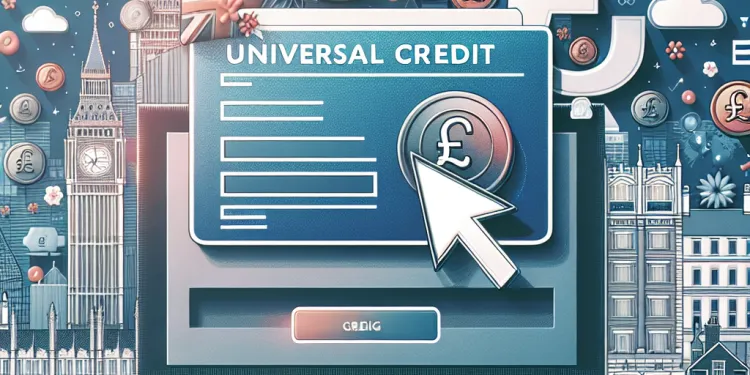
What documents are required to apply for Universal Credit?
Relevance: 76%
-
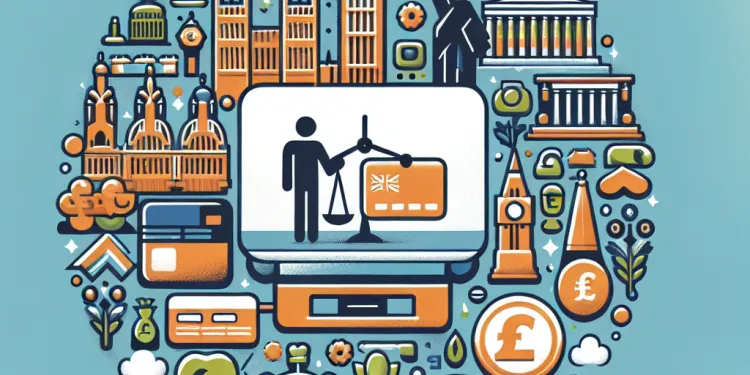
What if I disagree with a Universal Credit decision?
Relevance: 76%
-
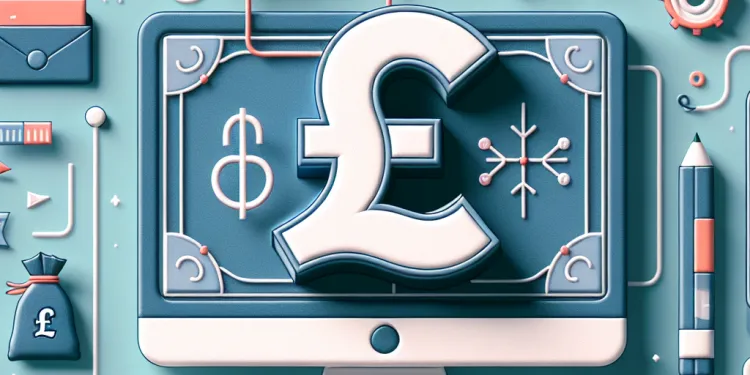
Can you receive Universal Credit if you are in full-time education?
Relevance: 75%
-
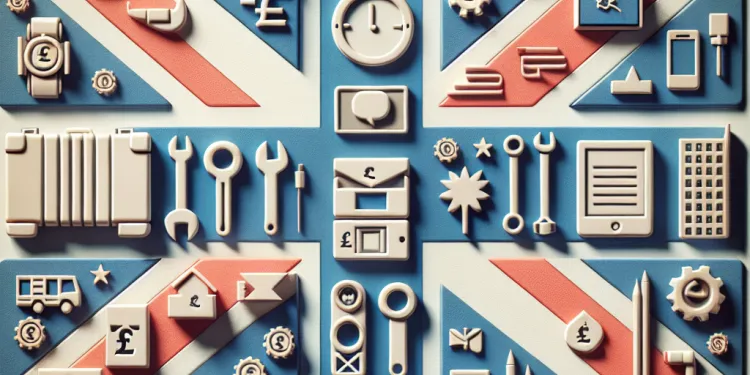
What work-related requirements exist for Universal Credit claimants?
Relevance: 74%
-
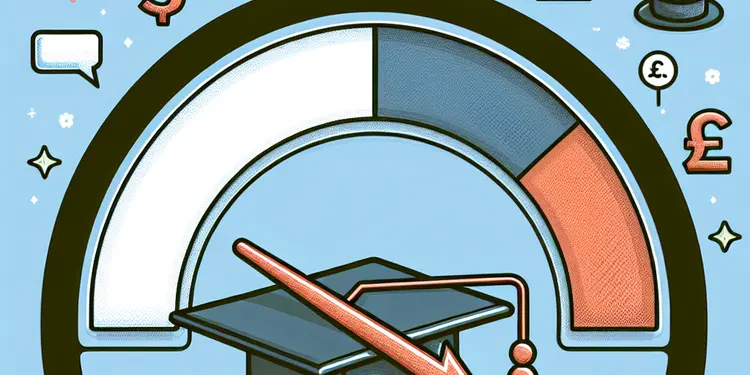
How does missing student loan payments affect my credit score?
Relevance: 59%
-
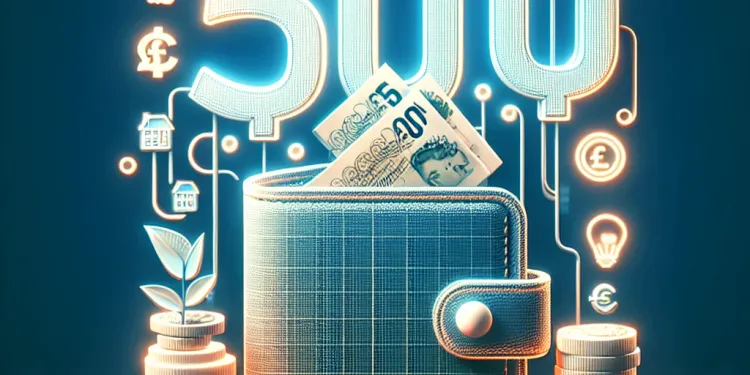
Who is eligible to receive the £500 cost of living payment?
Relevance: 58%
-
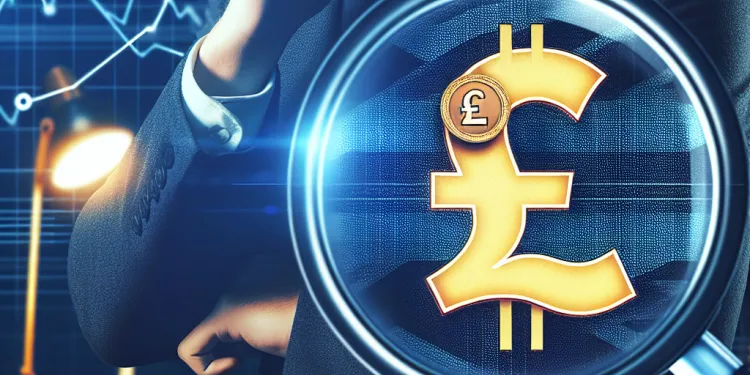
Can I receive this payment alongside other cost of living payments?
Relevance: 57%
-
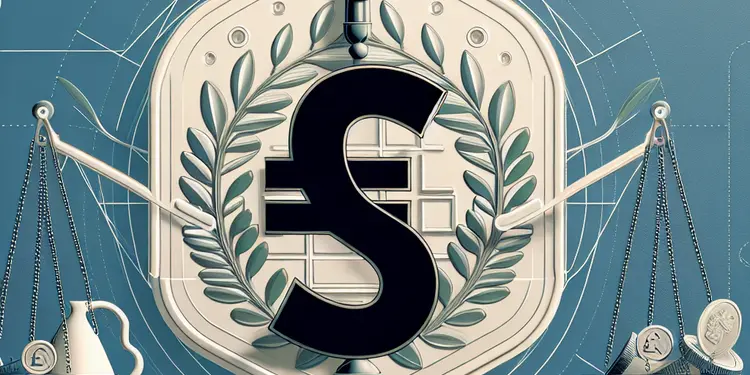
High Court Ruling on Universal Credit 'Unlawful' Cap Pending
Relevance: 56%
-
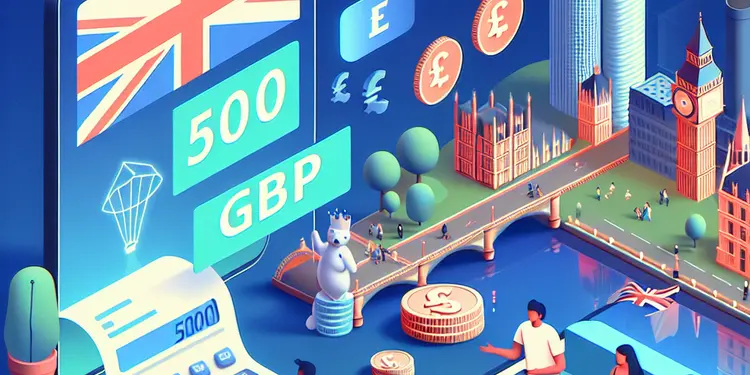
Is the £500 cost of living payment taxable?
Relevance: 55%
-
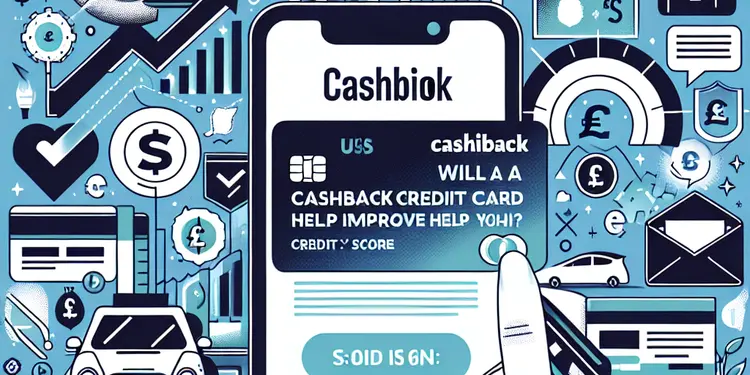
Will a cashback credit card help improve my credit score?
Relevance: 52%
-
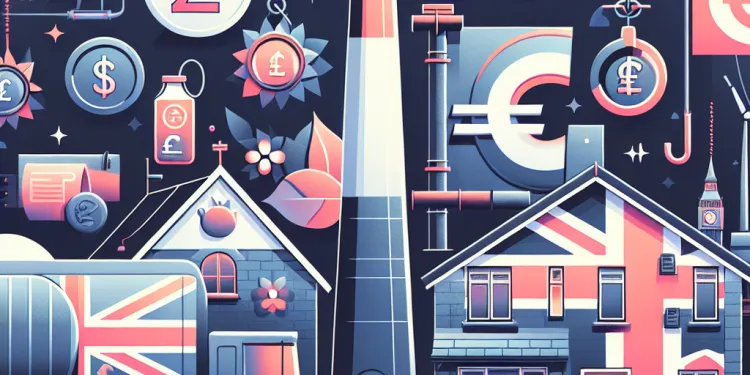
Does receiving the Winter Fuel Payment affect my other benefits?
Relevance: 52%
-

What is the £500 cost of living payment?
Relevance: 51%
-
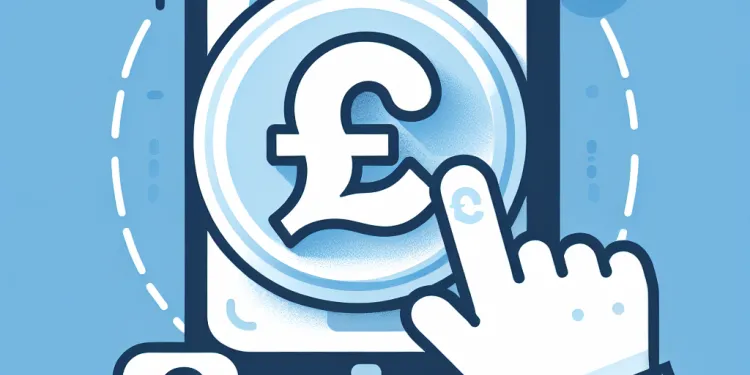
Will the £500 cost of living payment affect my benefits?
Relevance: 51%
-

Who is eligible for a Funeral Expenses Payment?
Relevance: 51%
-
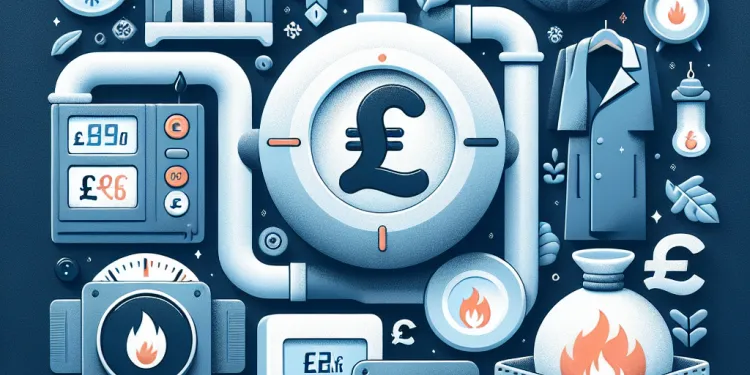
Can I get the Winter Fuel Payment if I receive other benefits?
Relevance: 51%
-
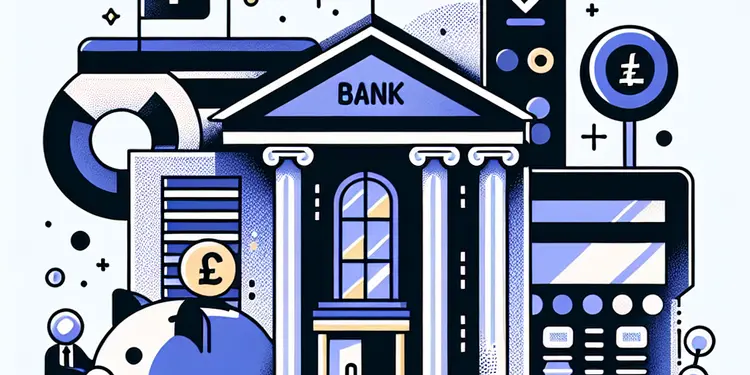
Will switching banks affect my credit score?
Relevance: 48%
-
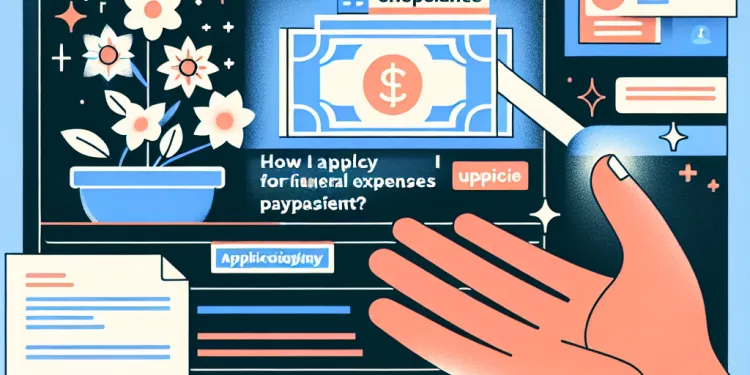
How do I apply for a Funeral Expenses Payment?
Relevance: 48%
-
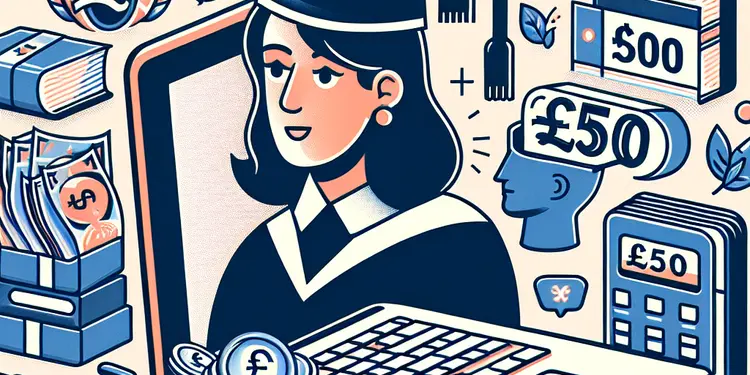
Can mature students apply for the £500 cost of living payment?
Relevance: 48%
-
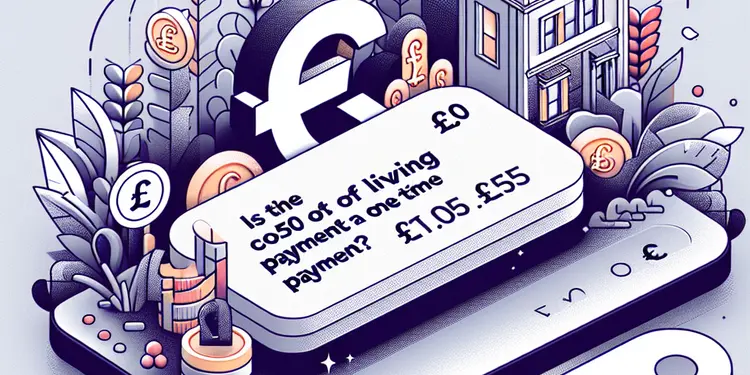
Is the £500 cost of living payment a one-time payment?
Relevance: 47%
-

Will transferring a balance affect my credit score?
Relevance: 47%
-
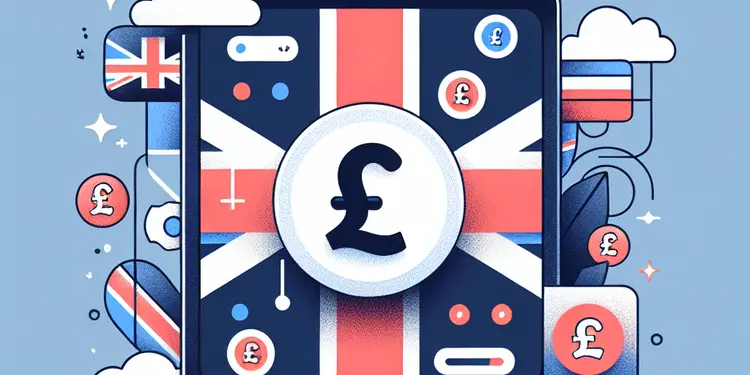
What happens if I have a credit on my account?
Relevance: 47%
-
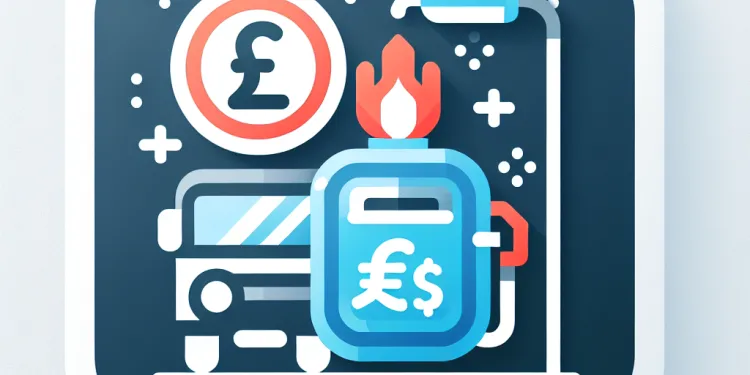
Is the Winter Fuel Payment taxable?
Relevance: 46%
-
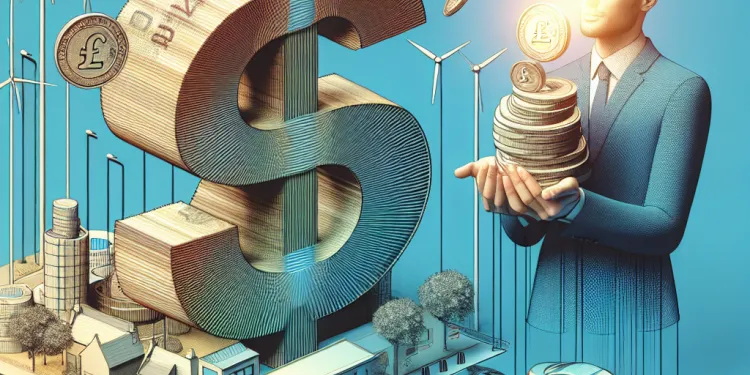
Is the £500 cost of living payment a one-time payment?
Relevance: 46%
-

Can I receive the Warm Home Discount and Cold Weather Payment?
Relevance: 46%
-
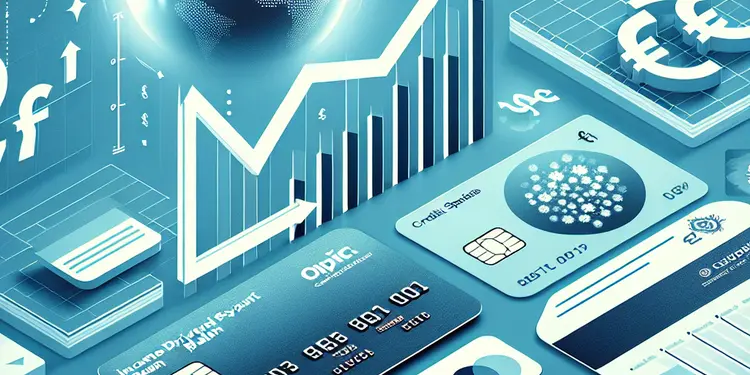
Does applying for an income-driven repayment plan affect my credit score?
Relevance: 46%
How is Universal Credit Paid?
Universal Credit is a financial aid program introduced by the UK government that consolidates six means-tested benefits into a single monthly payment. It was designed to simplify the welfare system and ensure a smoother transition for claimants into work. Understanding how Universal Credit is paid is crucial for recipients to manage their finances effectively.
Monthly Payments
Universal Credit is typically paid monthly, which reflects the income patterns for most people in work. This monthly payment cycle is designed to help plan budgets more like income from employment. The payments are made directly into the claimant’s bank, building society, or credit union account. It is essential for claimants to have an account set up in order to receive their benefits.
Payment Dates
The first payment is generally received around five weeks after a claim is made. This timeframe includes a one-month assessment period and up to seven days for the payment to reach the account. Subsequent payments are made on the same date each month. If the payment date falls on a weekend or a bank holiday, recipients will usually receive their payment on the working day before.
Advance Payments
For those who are unable to wait for their first payment, advance payments can be requested. Advance payments can be up to 100% of the estimated monthly payment and can help claimants manage their living expenses during the initial waiting period. These advances are interest-free but need to be repaid through deductions from future Universal Credit payments.
Payment Adjustments
Universal Credit payments can vary each month due to changes in a claimant’s circumstances, such as income from employment, housing costs, or family changes. It’s important for claimants to keep the Department for Work and Pensions (DWP) informed about any changes to avoid overpayments or underpayments. If there are overpayments, the claimants are usually required to repay the excess amount.
Managing Payments
Managing money on Universal Credit is crucial, especially since it is paid monthly. Budgeting advice is available through various support services like the Citizens Advice Bureau or local councils. Additionally, some people may be eligible for more frequent payments if they are struggling to budget on a monthly payment schedule. In some cases, an Alternative Payment Arrangement can be discussed with the claimant’s work coach.
Conclusion
Being aware of how Universal Credit is paid helps recipients plan their finances better and utilize the support effectively. While the system aims to provide a consistent and streamlined approach to benefits, it requires recipients to keep track of their circumstances and make informed financial decisions. With the right planning and support, Universal Credit can provide a vital safety net for those in need.
How Do You Get Universal Credit?
Universal Credit is money that the UK government gives to help people. It combines six different payments into one monthly payment. This makes it easier for people who get the money and helps them move into work. Knowing how Universal Credit is paid helps people manage their money better.
Monthly Money
Universal Credit is usually paid once a month. This is because most people get paid monthly from work too. It helps people plan their spending like when they have a job. The money goes straight to the person’s bank account. To get this money, you need to have a bank account.
When Do You Get Paid?
You will get your first Universal Credit payment about five weeks after you ask for it. This five-week wait includes checking your details and waiting for the money to go into your account. After the first payment, you will get paid on the same day each month. If your payday is on a weekend or bank holiday, you will get the payment earlier.
Getting Money Early
If you can't wait five weeks for your first payment, you can ask for some money early. This is called an advance payment. You can get up to as much as your first payment would be. You don’t pay extra to get an advance, but you will have to pay it back from your future payments.
Changes to Payments
The amount of money you get can change each month. This can happen if your job or family situation changes. You must tell the Department for Work and Pensions (DWP) about these changes to make sure you get the right amount. If you get too much, you will have to pay it back.
Managing Your Money
Managing money on Universal Credit is important because you get paid once a month. You can get help with budgeting from places like the Citizens Advice Bureau. If monthly payments are hard, you might be able to get paid more often. Talk to your work coach if you need help with this.
Conclusion
Knowing how Universal Credit is paid helps you plan your money better. The system is meant to make getting benefits easier. You must remember to update your information and make smart choices with your money. With the right help and planning, Universal Credit can be useful for people who need it.
Frequently Asked Questions
How often is Universal Credit paid?
Universal Credit is usually paid monthly.
Is Universal Credit paid into my bank account?
Yes, Universal Credit is typically paid directly into your bank, building society, or credit union account.
When do I receive my first Universal Credit payment?
You should receive your first payment approximately five weeks after you submit your claim.
Can I get an advance payment of Universal Credit?
Yes, you can apply for an advance payment while waiting for your first Universal Credit payment.
What can I do if my payment is late?
Contact the Universal Credit helpline as soon as possible to inquire about the delay.
Can I choose a different payment frequency?
In some exceptional circumstances, you might be able to arrange more frequent payments with the Department for Work and Pensions (DWP).
What if I don’t have a bank account?
You can use a friend’s or family member’s account with their permission, or you may need to open a new account.
Can I get Universal Credit paid at a post office?
Universal Credit is not typically paid at post offices; it is usually paid directly to a bank account.
What happens if a payment is made to the wrong account?
You should contact the Universal Credit helpline immediately to resolve any payment errors.
Are there deductions made from Universal Credit payments?
Yes, deductions can be made for various reasons, including repayments of overpayments or advances.
Do I need to report changes in my circumstances?
Yes, it is crucial to report any changes in your circumstances to ensure you receive the correct payment.
Can my Universal Credit payment amount change?
Yes, your payment can change depending on your circumstances, including income and family size.
Is Universal Credit adjusted for rent payments?
Yes, Universal Credit may include a housing element to help with rent payments.
Will my payment be reduced if I start working?
Your Universal Credit payment may be reduced depending on your earnings, but you may still receive some support.
How long do I receive Universal Credit payments?
You can receive Universal Credit as long as you meet the eligibility criteria and your circumstances require support.
Can my partner and I both claim Universal Credit?
Couples must make a joint claim for Universal Credit.
Will I get a breakdown of my Universal Credit payment?
Yes, you will receive a statement explaining how your Universal Credit payment is calculated.
What should I do if I suspect fraud or an overpayment?
Report any suspicions of fraud or overpayments to the Department for Work and Pensions immediately.
What if I disagree with a decision about my Universal Credit?
You have the right to request a reconsideration or appeal the decision regarding your Universal Credit.
Can I stop my Universal Credit payments if my situation changes?
Yes, you can report a change in circumstances, which might lead to stopping your payments if you no longer qualify.
How often do you get Universal Credit money?
You get Universal Credit money once every month.
If you find it hard to manage your money or remember when it comes, you can:
- Write down the payment date on a calendar.
- Set a reminder on your phone.
- Ask someone you trust to help you remember.
Universal Credit money usually comes once a month.
Does Universal Credit go into my bank account?
Yes, you usually get Universal Credit directly into your bank, building society, or credit union account.
When will I get my first Universal Credit money?
After you apply for Universal Credit, you will usually get your first payment in about 5 weeks. You might get your money faster if you ask for an advance payment. An advance payment is when you get some of your money early.
Tip: You can use a calendar to keep track of the days. You can also ask someone to help you check if your payment is coming.
You should get your first payment about five weeks after you send in your claim.
Can I get money from Universal Credit before my first payment?
You can ask for some money from Universal Credit before your first payment. This is called an advance payment.
If you need money to help you until your first payment, you can ask for it.
You will need to pay this money back later.
To ask for an advance payment, you can:
- Call the Universal Credit helpline.
- Use your online Universal Credit account.
If you need help, ask someone you trust to help you make the call or use the computer.
Yes, you can ask for some money while you wait for your first Universal Credit payment.
What should I do if my payment is late?
If your payment is late, try these steps:
- Check your account: Look at your bank account or payment app to see if the payment is there.
- Wait a little: Sometimes, payments take extra time to arrive. Wait for a day.
- Contact support: Ask for help. Call or email the company you paid.
Helpful tools: Use alerts on your phone or calendar to remind you about payments.
Call the Universal Credit helpline right away to ask why it is taking so long.
Can I pay at different times?
Yes, you can choose how often you pay. You can talk to the company to find what works best for you. Here are some choices you might have:
- Pay every month.
- Pay every 3 months.
- Pay once a year.
If you need help, you can:
- Ask a friend or family member to help you.
- Use a calculator to see how much you need to pay each time.
Talking to the company can help you find the best way to pay that makes it easy for you.
Sometimes, you can ask the Department for Work and Pensions (DWP) to pay you more often.
What if I don't have a bank account?
If you don't have a bank account, don't worry. You can still do things with money.
Here are some ideas to help you:
- You can use cash to pay for things.
- Ask a friend or family member to help you with their bank account.
- Use a prepaid card. You put money on the card and use it like cash.
- Some stores let you buy things and pay later. This is called "buy now, pay later."
If you need to start a bank account, ask for help. A family member or friend can help you go to a bank. There are also places online to help you understand banking.
You can ask a friend or family member if you can use their account. Make sure you ask them first. If they say yes, you can use it. If not, you might need to make a new account by yourself.
Can I pick up my Universal Credit money at the post office?
Universal Credit money does not usually go to post offices. It goes straight into your bank account.
What to do if you send money to the wrong account?
If there is a mistake with your Universal Credit money, you should call the Universal Credit helpline right away.
Do they take money out of Universal Credit payments?
Yes, money can be taken out for different reasons, like paying back extra money you got before or money you borrowed.
Do I have to tell someone if my life changes?
It is very important to tell someone if things change for you. This way, you get the right amount of money.
Can my Universal Credit money change?
Your payment can change. This depends on your money and family size.
Does Universal Credit help with rent?
Yes, Universal Credit can help with money to pay for rent.
Will my payment go down if I get a job?
Your Universal Credit money might go down if you earn money from a job. But you could still get some help.
How long do I get Universal Credit money?
You can get Universal Credit if you qualify and need help.
Can my partner and I both get Universal Credit?
If you are a couple, you must ask for Universal Credit together.
Will I see how much money I get from Universal Credit?
Yes, you will get a letter that tells you how we work out your Universal Credit money.
What to Do if You Think Something is Wrong with Money
If you think someone is being tricky with money or gave you too much, here is what you can do:
- Tell someone you trust, like a family member or friend.
- Call the bank or place where the money came from.
- Write down what you notice that seems wrong.
- Use tools like a calculator to check the amounts.
- Ask a helper, like a teacher or support worker, if you need more help.
If you think someone is cheating or getting too much money, tell the Department for Work and Pensions right away.
What to Do if You Think Your Universal Credit Decision is Wrong
You can ask for the decision about your Universal Credit to be looked at again. This is called a reconsideration or an appeal.
Can I stop getting Universal Credit if my life changes?
If your life changes, you might not need Universal Credit anymore. You can tell the people in charge of Universal Credit. They will help you stop it.
If you need help, you can:
- Ask a friend or family member.
- Talk to a support worker.
Yes, you can tell us if things change for you. This might stop your payments if you do not qualify anymore.
Useful Links
This website offers general information and is not a substitute for professional advice.
Always seek guidance from qualified professionals.
If you have any medical concerns or need urgent help, contact a healthcare professional or emergency services immediately.
- Ergsy carfully checks the information in the videos we provide here.
- Videos shown by Youtube after a video has completed, have NOT been reviewed by ERGSY.
- To view, click the arrow in centre of video.
- Most of the videos you find here will have subtitles and/or closed captions available.
- You may need to turn these on, and choose your preferred language.
- Go to the video you'd like to watch.
- If closed captions (CC) are available, settings will be visible on the bottom right of the video player.
- To turn on Captions, click settings .
- To turn off Captions, click settings again.
More Items From Ergsy search
-

Applying For Universal Credit
Relevance: 100%
-

What is Universal Credit in the UK?
Relevance: 100%
-

How is Universal Credit paid?
Relevance: 97%
-

Government Announces Increase in Universal Credit Payments Ahead of Winter
Relevance: 97%
-

How long does it take to receive the first Universal Credit payment?
Relevance: 96%
-

Are there any deductions from Universal Credit?
Relevance: 91%
-

Can Universal Credit be stopped or sanctioned?
Relevance: 90%
-

How can I apply for Universal Credit?
Relevance: 90%
-

Can I apply for Universal Credit if I am self-employed?
Relevance: 89%
-

What is the Universal Credit helpline number?
Relevance: 88%
-

How is the Universal Credit amount calculated?
Relevance: 87%
-

Does Universal Credit cover childcare costs?
Relevance: 85%
-

What is an advance payment of Universal Credit?
Relevance: 84%
-

Who can apply for Universal Credit?
Relevance: 81%
-

Universal Credit Adjustments: What Recent Changes Mean for Claimants
Relevance: 78%
-

What documents are required to apply for Universal Credit?
Relevance: 76%
-

What if I disagree with a Universal Credit decision?
Relevance: 76%
-

Can you receive Universal Credit if you are in full-time education?
Relevance: 75%
-

What work-related requirements exist for Universal Credit claimants?
Relevance: 74%
-

How does missing student loan payments affect my credit score?
Relevance: 59%
-

Who is eligible to receive the £500 cost of living payment?
Relevance: 58%
-

Can I receive this payment alongside other cost of living payments?
Relevance: 57%
-

High Court Ruling on Universal Credit 'Unlawful' Cap Pending
Relevance: 56%
-

Is the £500 cost of living payment taxable?
Relevance: 55%
-

Will a cashback credit card help improve my credit score?
Relevance: 52%
-

Does receiving the Winter Fuel Payment affect my other benefits?
Relevance: 52%
-

What is the £500 cost of living payment?
Relevance: 51%
-

Will the £500 cost of living payment affect my benefits?
Relevance: 51%
-

Who is eligible for a Funeral Expenses Payment?
Relevance: 51%
-

Can I get the Winter Fuel Payment if I receive other benefits?
Relevance: 51%
-

Will switching banks affect my credit score?
Relevance: 48%
-

How do I apply for a Funeral Expenses Payment?
Relevance: 48%
-

Can mature students apply for the £500 cost of living payment?
Relevance: 48%
-

Is the £500 cost of living payment a one-time payment?
Relevance: 47%
-

Will transferring a balance affect my credit score?
Relevance: 47%
-

What happens if I have a credit on my account?
Relevance: 47%
-

Is the Winter Fuel Payment taxable?
Relevance: 46%
-

Is the £500 cost of living payment a one-time payment?
Relevance: 46%
-

Can I receive the Warm Home Discount and Cold Weather Payment?
Relevance: 46%
-

Does applying for an income-driven repayment plan affect my credit score?
Relevance: 46%


